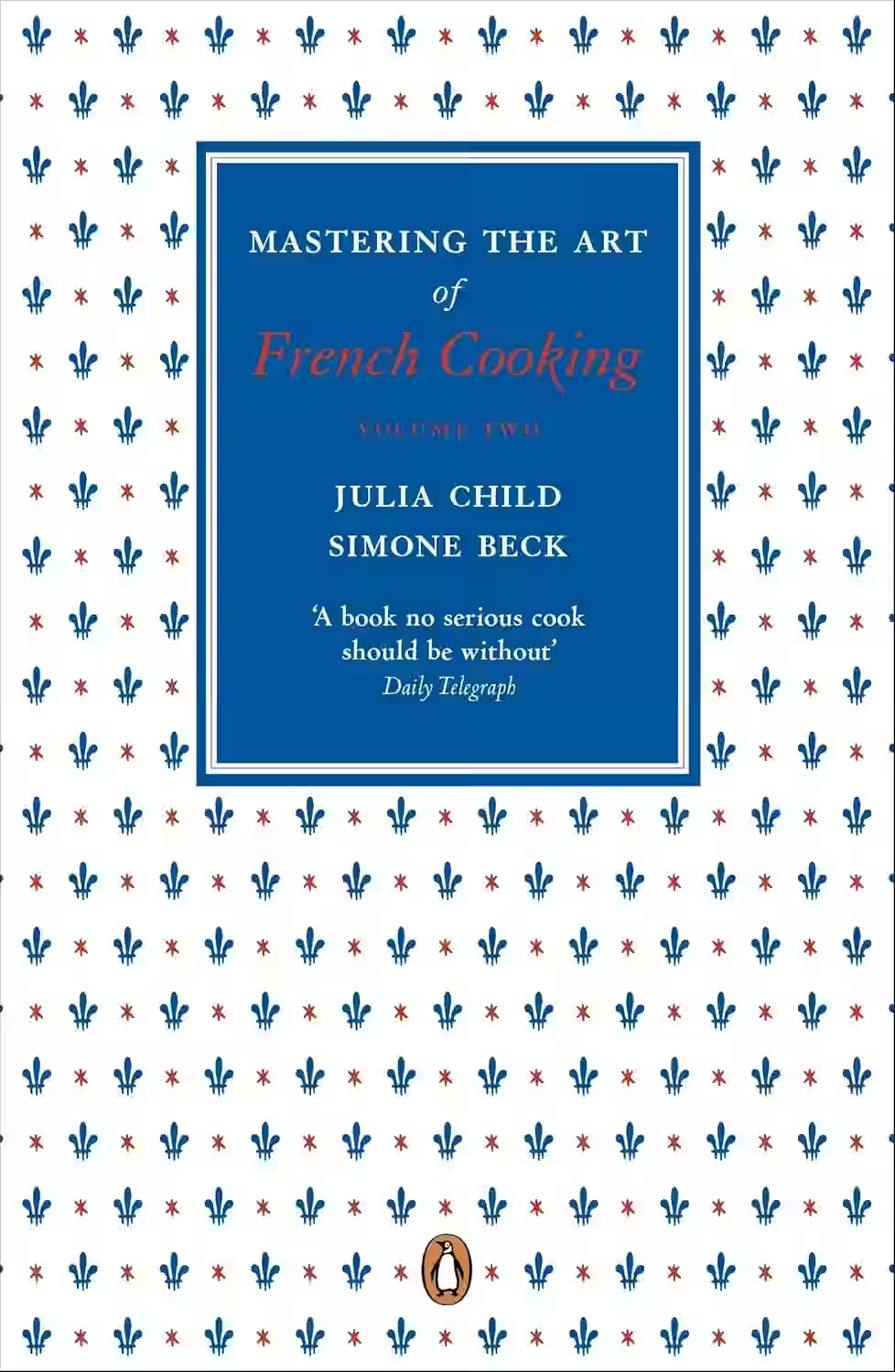
Published in 1970 by Julia Child and Simone Beck, Volume 2 builds on the foundational work of its predecessor, diving deeper into complex recipes and lesser-known regional specialties. It explores dishes like cassoulet, baguettes, and charcuterie, offering insight into more intricate techniques and ingredients. While Volume 1 focused on fundamentals, this volume emphasizes refinement and culinary artistry. Designed for cooks ready to advance their skills, it includes more precise measurements and scientific explanations. With an emphasis on tradition and mastery, Volume 2 remains a sophisticated, indispensable companion to the original, cementing Julia Child’s legacy as a culinary educator.
About Julia Child
Julia Child was a pioneering American chef, author, and television personality who brought French cuisine into American homes. Trained at Le Cordon Bleu in Paris, she co-authored Mastering the Art of French Cooking, which demystified classical French techniques for everyday cooks. Her iconic TV show, The French Chef, made her a household name and inspired a culinary revolution. With her warm personality, fearless experimentation, and passion for food, Child changed the way Americans thought about cooking and eating. Her legacy endures in the continued popularity of her books and her lasting influence on culinary education and food media.
Other Books by Julia Child
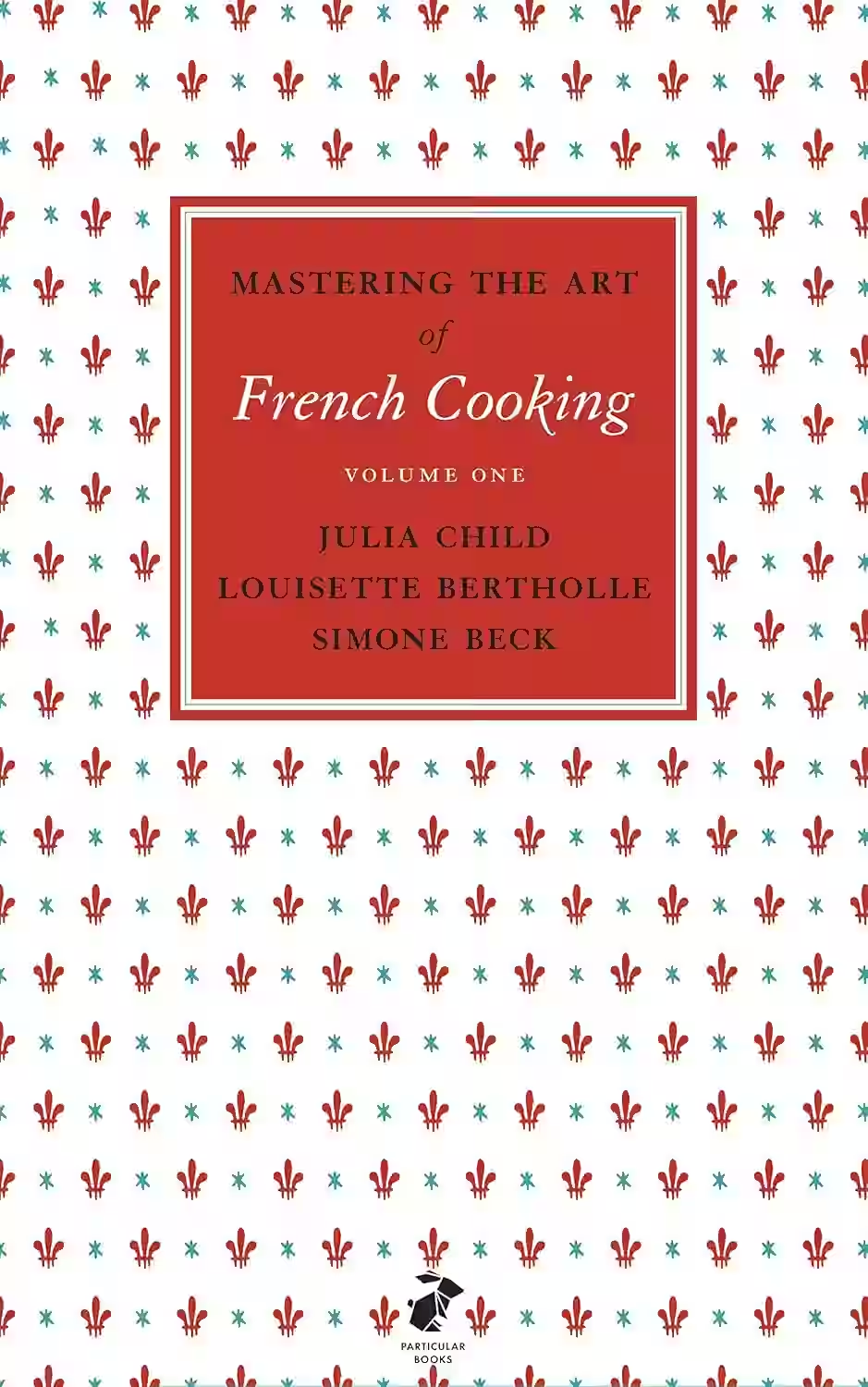
Mastering the Art of French Cooking: Volume 1
by Julia Child
Co-authored by Julia Child, Simone Beck, and Louisette Bertholle, this seminal cookbook introduced classic French cuisine to the American home cook. Published in 1961, Volume 1 demystifies complex French techniques with meticulous instructions and practical guidance. Covering sauces, soups, meats, and vegetables, it emphasizes methodical preparation and precise detail, making gourmet cooking accessible. The book was groundbreaking in its thoroughness and clarity, with step-by-step illustrations and a scientific approach to food. A staple for serious cooks and beginners alike, it helped transform American culinary culture and remains a definitive reference for mastering timeless French dishes.
Similar Books
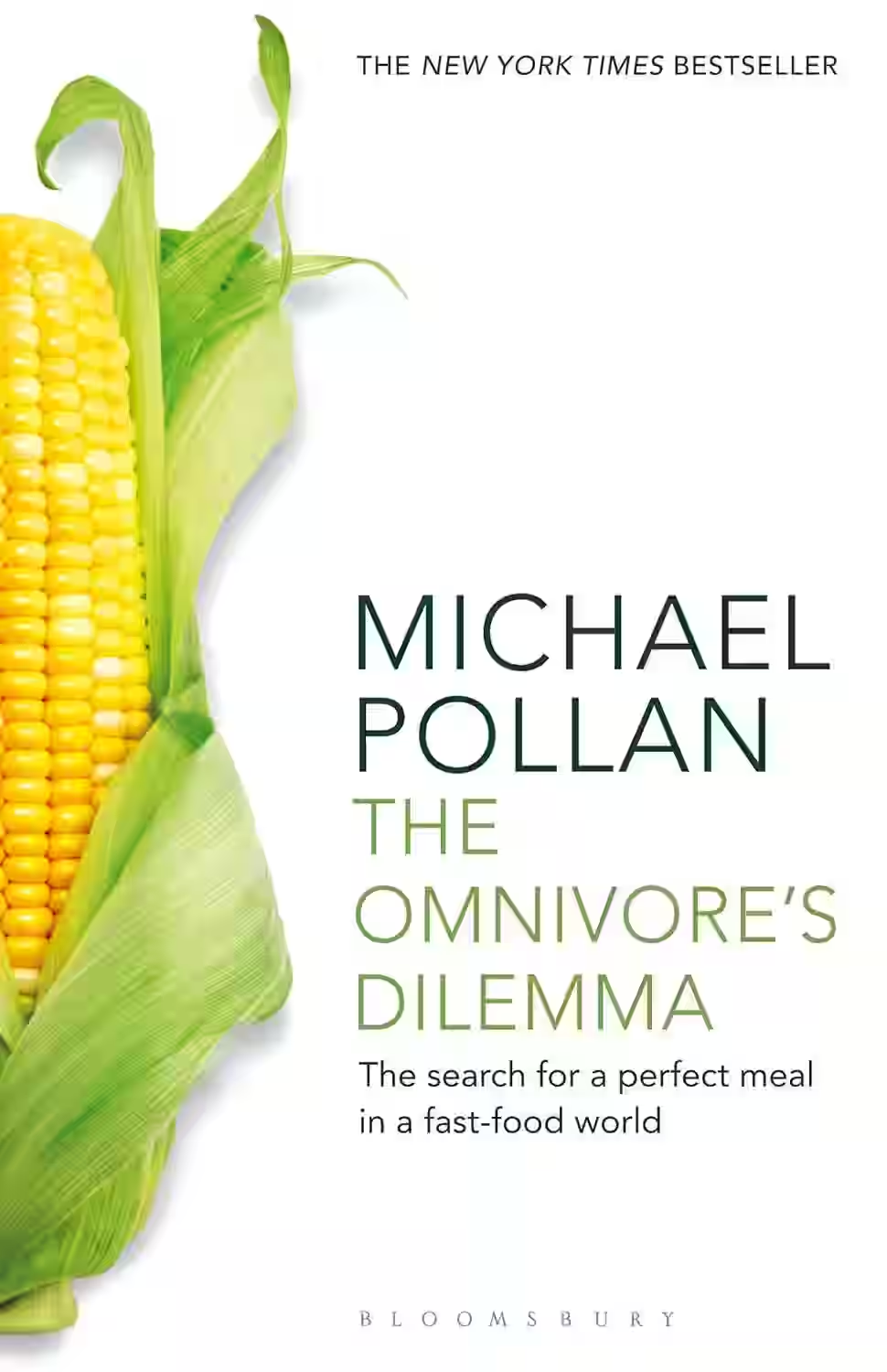
The Omnivore's Dilemma
What shall we have for dinner? Such a simple question has grown to have a very complicated answer. We can eat almost anything nature has to offer, but deciding what we should eat stirs anxiety. Should we choose the organic apple or the conventional? If organic, local or imported? Wild fish or farmed? Low-carb or low-cal? As the American culture of fast food and unlimited choice invades the world, Pollan follows his next meal from land to table, tracing the origin of everything consumed and the implications for ourselves and our planet. His astonishing findings will shock all who care about what they put on their plate.
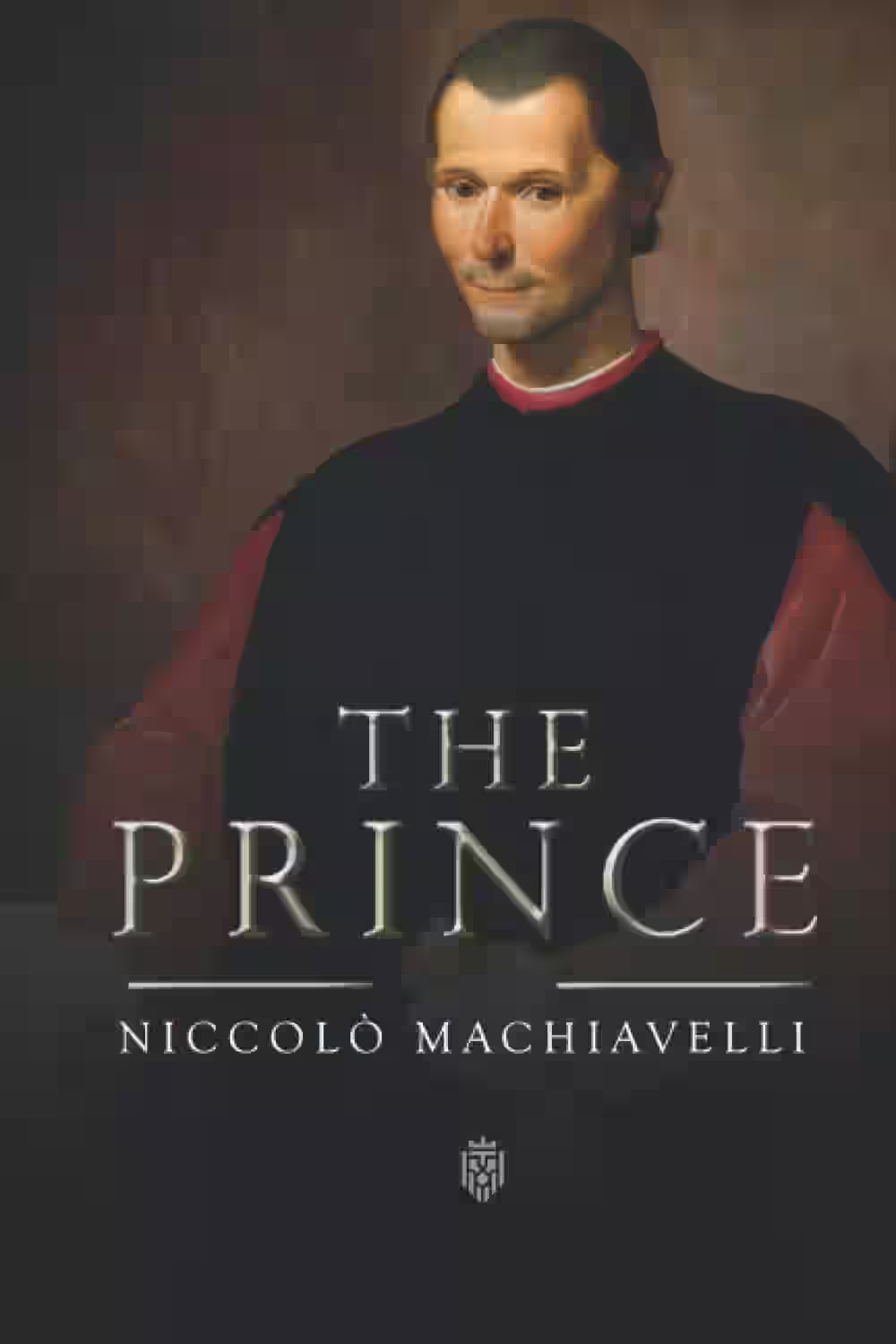
The Prince
A foundational work of political theory, The Prince offers blunt, often controversial advice for rulers seeking to maintain power. Rejecting moral ideals in favor of pragmatism and realpolitik, Machiavelli argues that ends often justify means. Still influential centuries later, this short but powerful treatise examines leadership, manipulation, and the mechanics of power, shaping political discourse across generations.
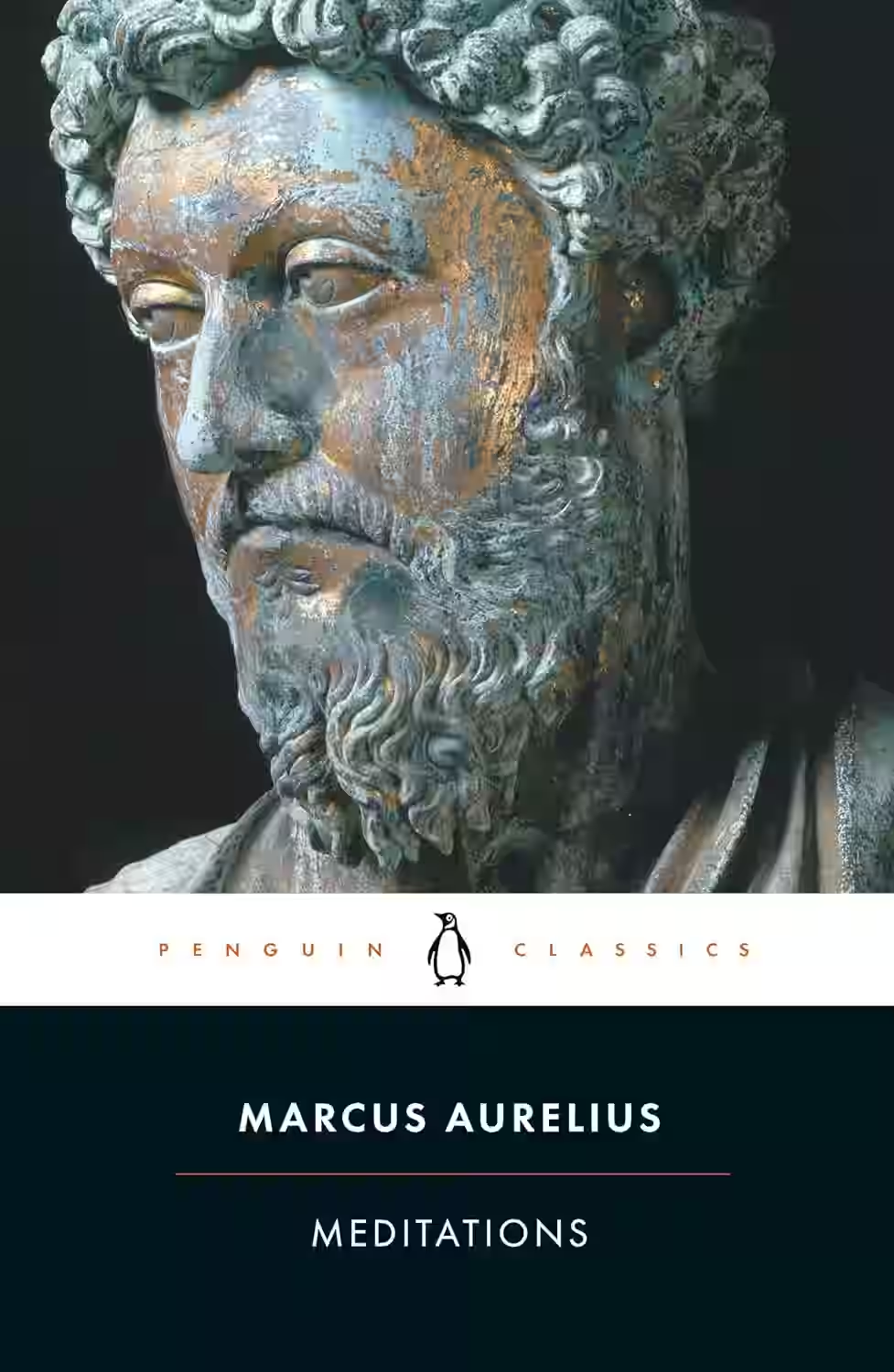
Meditations
Written by Roman Emperor Marcus Aurelius, Meditations is a series of personal reflections on Stoic philosophy. It offers insights on resilience, humility, and the nature of human existence, emphasizing self-discipline, rationality, and virtue. Composed as a private journal, the work reveals how to maintain inner peace amid external chaos, making it a timeless guide for personal growth. Its concise wisdom and ethical clarity continue to influence leaders, thinkers, and individuals seeking meaning in a turbulent world.
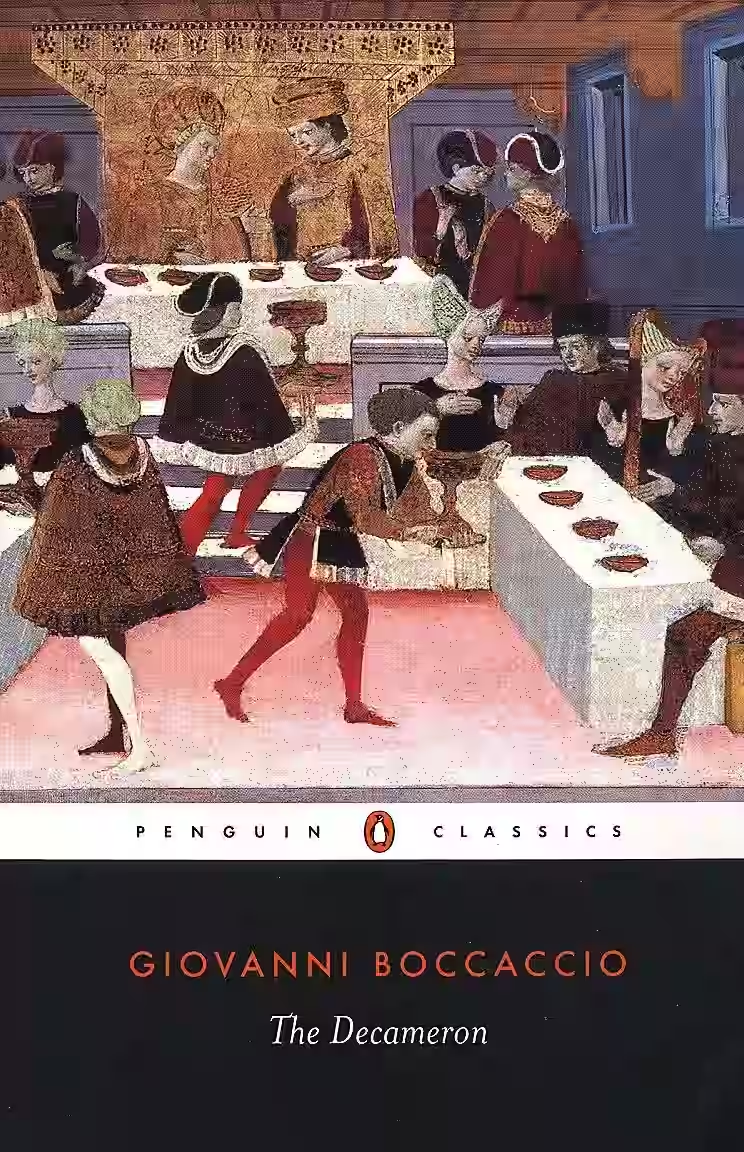
The Decameron
During the Black Death, ten young people flee Florence and tell stories to pass the time in seclusion. Their 100 tales span comedy, tragedy, love, and morality, offering a window into medieval life and human nature. The Decameron is a foundational work of Western literature, blending realism and allegory with wit and insight, and inspiring countless writers from Chaucer to Shakespeare.